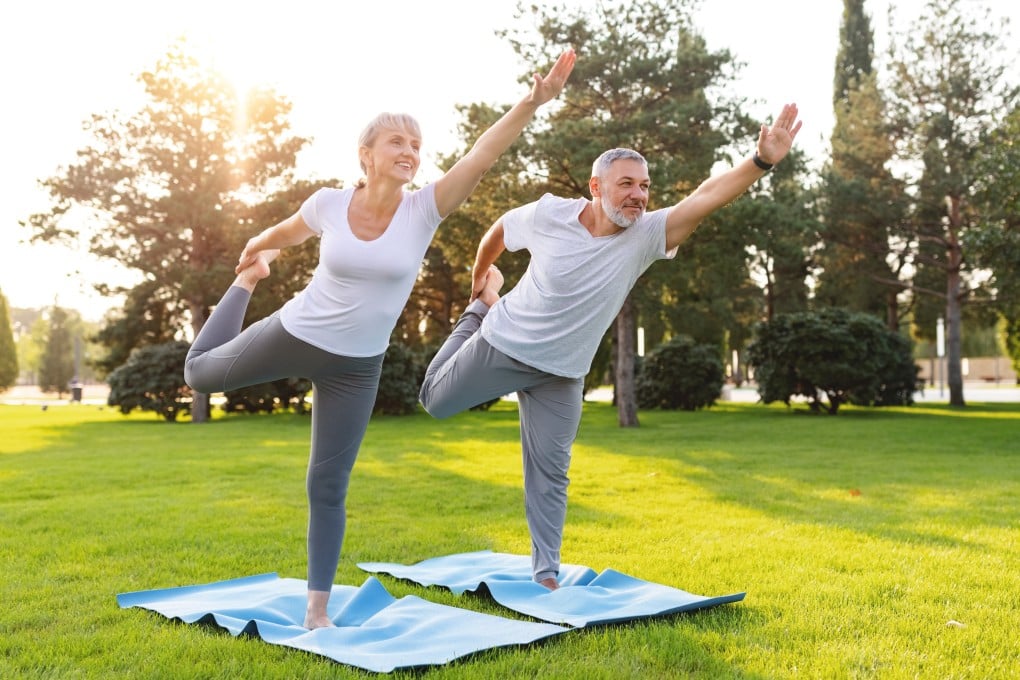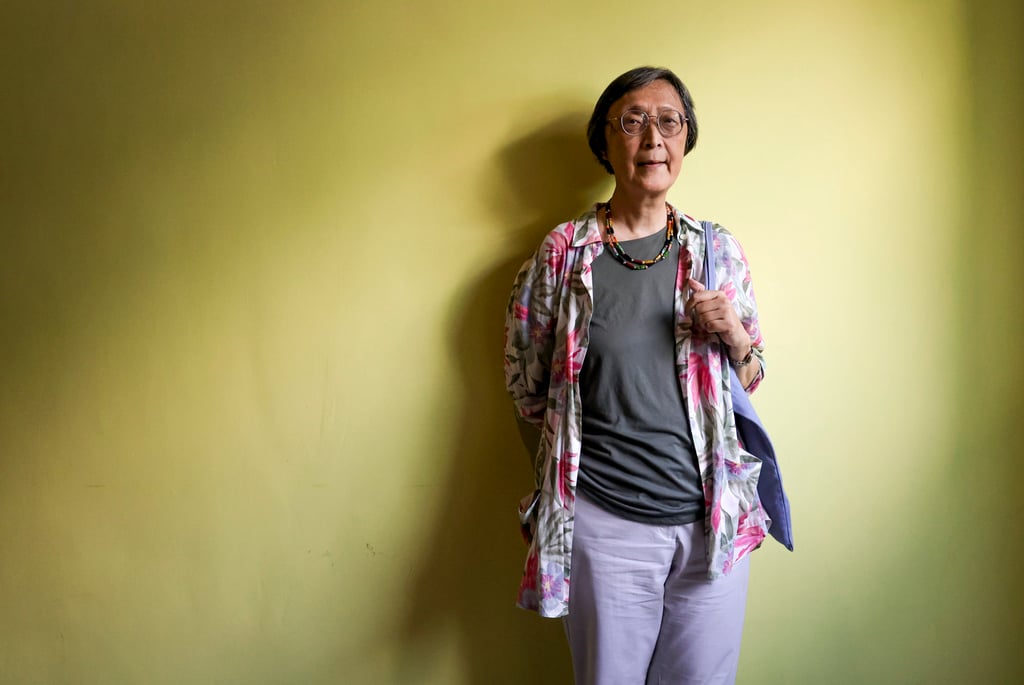How to age well? Keep exercising, stay busy and be socially engaged, experts say
- To beat the rising trend of dependency and frailty in older age, safeguard your physical and mental health through lifestyle changes, and learn new things
- A daily 10-minute walk has been shown to slow our rate of ageing, and a plant-rich diet to support the gut-brain axis and lower the risk of having dementia

Hong Kong has the highest life expectancy in the world – 82 years for men and 88 for women. But residents shouldn’t be complacent about that, cautions Professor Jean Woo.
The emeritus professor of medicine and director of the CUHK Jockey Club Institute of Ageing has long studied chronic diseases among the elderly and how we can age more healthily.
The 73-year-old Woo notes that government statistics don’t indicate how many of these advanced years are lived in good physical and mental health: “There is a rising trend of increasing dependency and frailty accompanying this increase in total life expectancy.”
September is Healthy Ageing Month, a time to remember that there is ageing, and there is ageing well; that there is longevity and there’s living a long life to the full; and that in both cases there’s a massive difference between the two.

Annabel Streets and Susan Saunders, co-founders of the UK’s Age Well Project, each authors of books on ageing well, couldn’t agree more.
“You can’t fight ageing … it happens to everything and everyone, always has and always will,” they say on their website, which documents the latest medical studies into ageing and how they overhauled their lives by applying the findings.